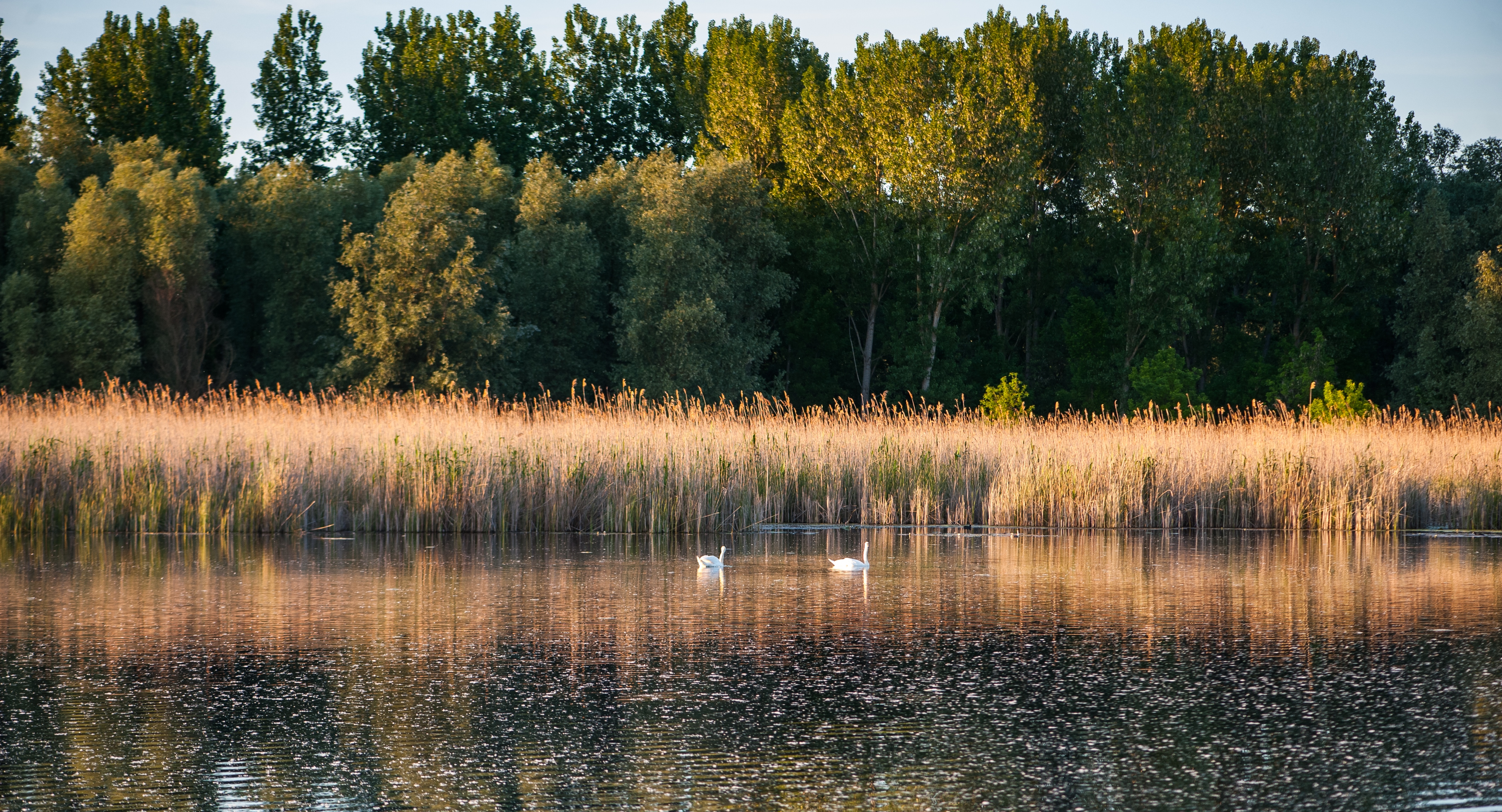
>
Montreal, 28 September 2015 - Two new ratifications this month to the Nagoya Protocol on Access to Genetic Resources and the Fair and Equitable Sharing of Benefits Arising from their Utilization brings the total number of ratifications to the ground-breaking treaty under the Convention on Biological Diversity to 66.
Statement by Mr. Braulio F. de Souza Dias, CBD Executive Secretary, at the opening of the Sustainable Ocean Initiative (SOI) National Capacity-Development Workshop for Samoa, Apia, Samoa, 28 - 30 September 2015
Statement by Mr. Braulio Ferreira de Souza Dias, CBD Executive Secretary, on the occasion of the Technical Workshop on Ecosystem-Based Approaches to Climate Change Adaptation and Disaster Risk Reduction, Sandton, Johannesburg, South Africa, 28 September to 2 October 2015
Biodiversity and sustainable development are inextricably linked. Biodiversity, at the level of ecosystems, species and genes, forms the foundation of the Earth's life support systems and provides the services that underpin human lives and prosperity. Our social and economic well-being depends on biodiversity, as does our future.
With continued growth and deepening diversification, tourism has become one of the fastest growing economic sectors in the world. And because tourism is closely linked to development, it has become a key driver for socio-economic progress.
The Law and Environment Ontology (LEO), a new knowledge tool for MEAs and the environmental community
Message of the CBD Executive Secretary, Mr. Braulio Ferreira de Souza Dias, on the occasion of the 6th Meeting of the MEA Information and Knowledge Management Steering Committee, 15 to 17 September 2015 - Montreux, Switzerland
Statement by Mr. Braulio Ferreira de Souza Dias, CBD Executive Secretary, on the occasion of the Capacity -Building Workshop for the East and South East Asia on Achieving Aichi Biodiversity Targets 11 And 12, Yanji, Jilin Province, China, 15 September 2015
Statement by Mr. Braulio F. de Souza Dias, CBD Executive Secretary, at the Opening of the Sustainable Ocean Initiative Training of Trainers Workshop, Yeosu, Republic of Korea, 11 - 15 September 2015
Over the years, South-South cooperation has emerged as a powerful tool for enhancing international cooperation for achieving sustainable development. In fact, since 2008, developing countries have exported more to one another than to developed countries, with their total trade in 2015 estimated at over US$ 4 trillion.
Your experience on this site will be improved by allowing cookies.
 >
>

 >
>